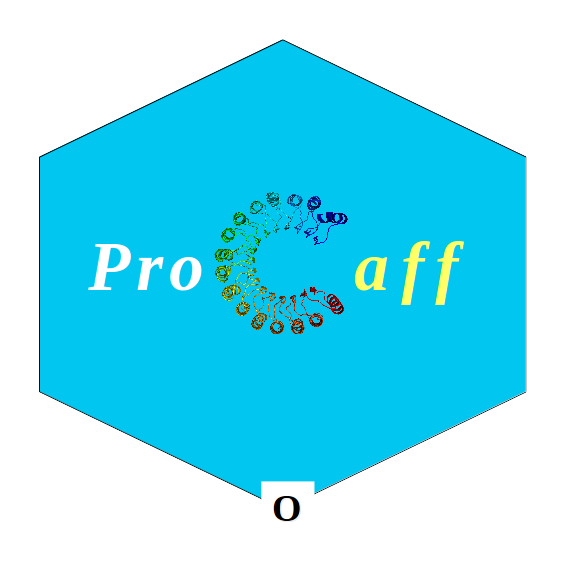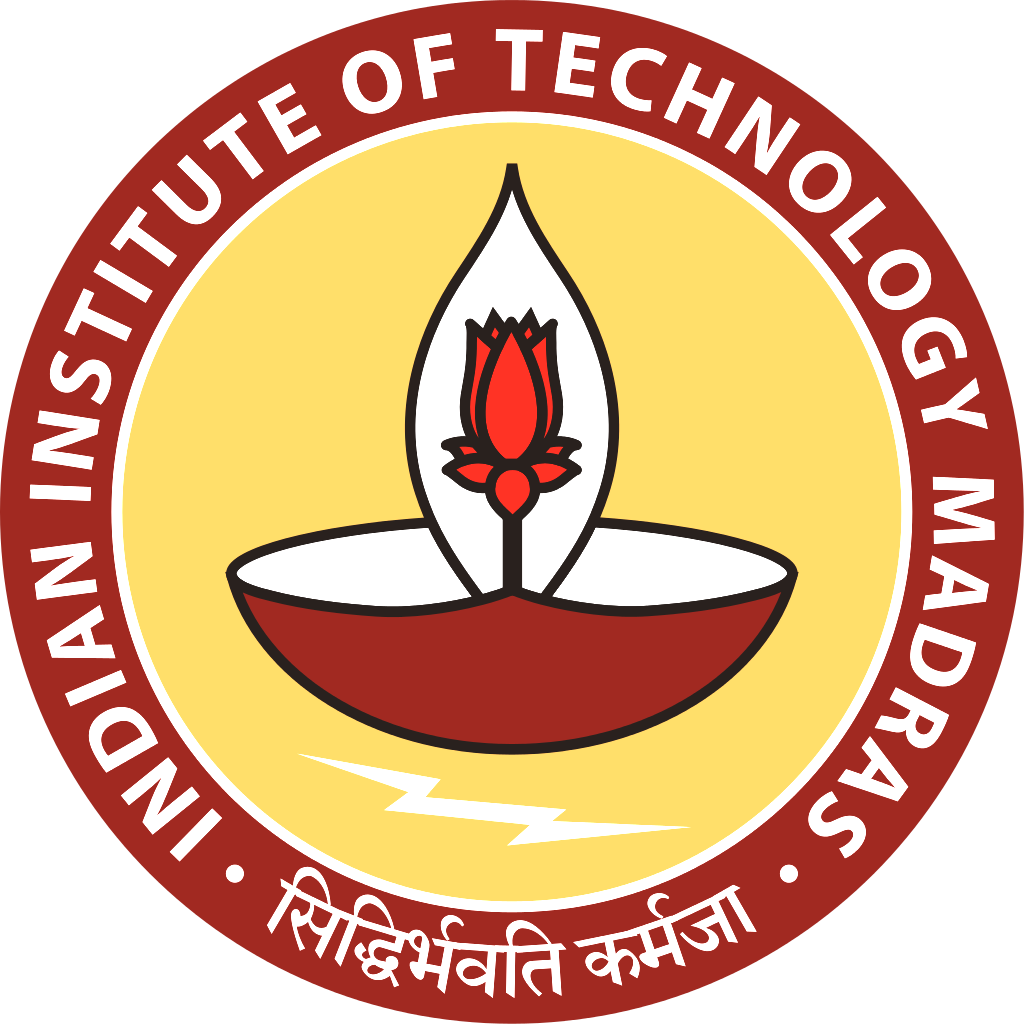FREQUENTLY ASKED QUESTIONS
What is ProCaff?
ProCaff is a searchable database of thermodynamic data (including dissociation rate, binding free energy change) for mutant and wild-type in protein-carbohydrate complexes. It contains experimental data from published literature. The current version contains more than 3713 entries with more than 500 complexes. ProCaff links structural and sequence data to PDB and UniProt respectively.
What are protein-carbohydrate interactions?
Protein-carbohydrate interactions play a major role in biological functions such as host-pathogen recognition, inflammation, signal transduction and cell adhesion. Carbohydrates are ubiquitous and perform an intriguing role inside the cell as well as on the cell surface, and can be found as simple mono-saccharides or complex polysaccharides in nature. Carbohydrates bound to proteins present on the cell surface can easily interact with toxins, viruses and the surface of other cells. Glycoproteins hold a major role in biological recognition events through protein-carbohydrate interactions which include cell-cell recognition and cell development.
In many cases, protein-carbohydrate interactions are not simple events but only the first step in a series of events and interactions and often leading to a complex signalling cascade. Lectin-carbohydrate interactions have a stellar role in the immune system and they mediate several interactions that are part of the immune response (De Schutter and Van Damme, 2015). Apart from this, protein-carbohydrate interactions also take part in the enzymatic synthesis and degradation of both oligo- and polysaccharides, intercellular sorting of the glycoconjugates, transport of carbohydrates into living cells and subcellular organelles, immune response to carbohydrate antigens and migration of leukocytes to the site of inflammation.
Carbohydrate-binding proteins, enzymes, anticarbohydrate antibodies, sugar transporters and lectins are structurally diverse, differing markedly in size, with distinct tertiary and quaternary structure. The structure of their binding sites are also different (Sharon, 2006). Over the last decade, studies have shown that specific proteins that recognize carbohydrates also participate in biological processes including pathological and physiological functions in the cell.
References:- De Schutter K, & Van Damme EJ. (2015). Protein-carbohydrate interactions as part of plant defense and animal immunity. Molecules, 20(5), 9029-9053.
- Sharon N. (2006). Atomic basis of protein-carbohydrate interactions: an overview. In Protein-Carbohydrate Interactions in Infectious Diseases. Ed. Carole A Bewley. Cambridge: Royal Society of Chemistry.
What are the units and notations used in ProCaff for thermodynamic and kinetic parameters?
| Notation | Parameter | Related Formula | Unit |
|---|---|---|---|
| KD | Dissociation rate constant | KD = koff/kon KD = 1/ KA |
M |
| ΔG | Change in binding free energy | ΔG = -RTln(KD) where R = 0.0019 kcal/mol |
kcal/mol |
| ΔΔG | Difference in binding free energy change between mutant and wild-type complex | ΔΔG = ΔGmut -ΔGwt | kcal/mol |
| T | Temperature | K (Kelvin) | |
| ASA | Accessible Surface Area | Å2 |
I am facing issues with the display of the website on my browser.
The website may be best viewed using the latest version of a browser such as IE10+, Google Chrome, or Mozilla Firefox.
How are mutations denoted in each entry?
The mutations are specified using the format "wild-type residue - position - mutated residue". For example, a mutation on the 2nd position would be represented as "C2S", where Cys (C) is the wild-type residue in the 2nd position, mutated to Ser (S). Double and triple mutants are denoted in the same with the separator in between (E.g. M321A/Q325A). Deleted regions are mentioned by the region name or residues mentioned with position number (E.g. Del Glu172, Asn173, Lys175, Tyr176).
I am not able to find my complex of interest/ Certain entries do not have an experimental technique/ Some entries do not have any related data associated with them/ I would like to include my data in the database.
ProCaff is under constant development. Despite our best efforts to ensure accuracy and completeness, certain data may not be correct or complete. If any data is incorrect, please let us know. If you have experimentally determined thermodynamic data for any mutant protein-carbohydrate complexes and do not find your data in the database, please contact us by filling our Upload form. Thank you for your inputs.
I would like to access the entire dataset.
Thank you for your interest in ProCaff database. Please contact us here.

